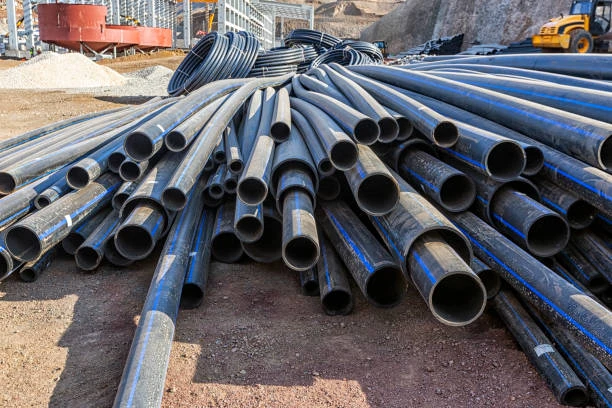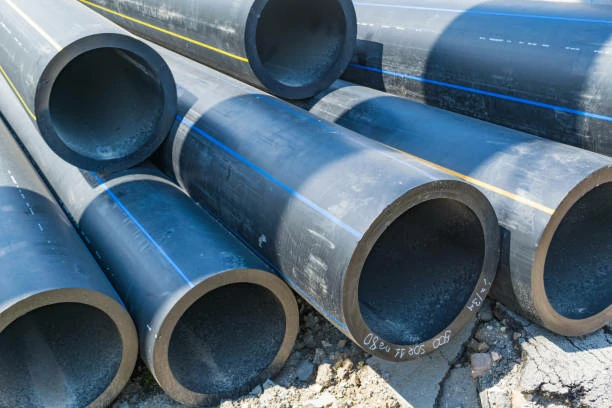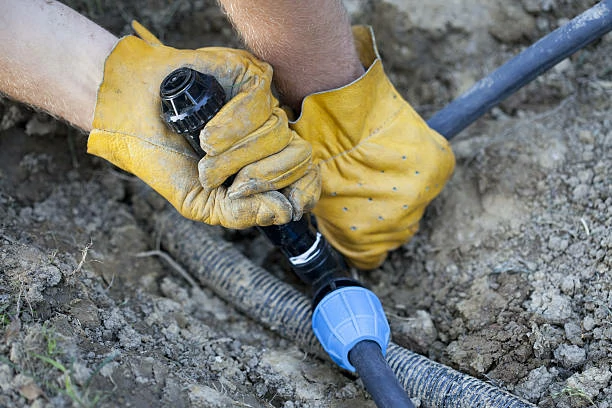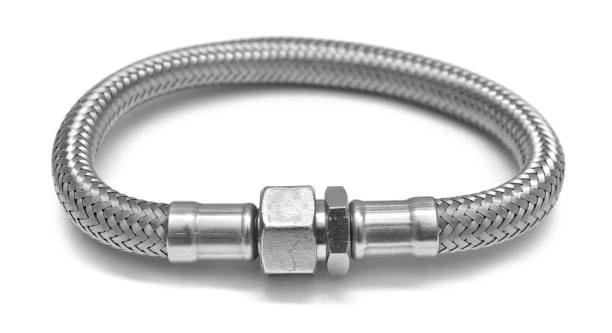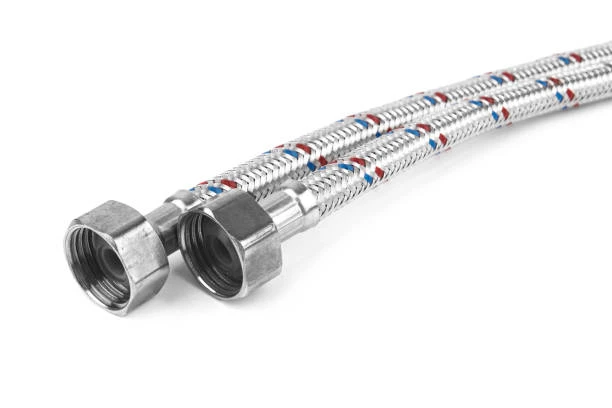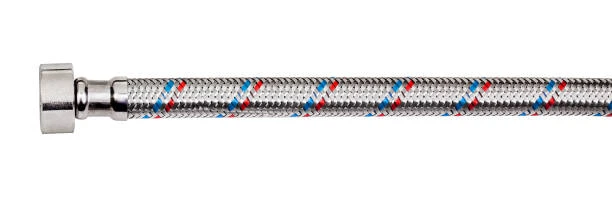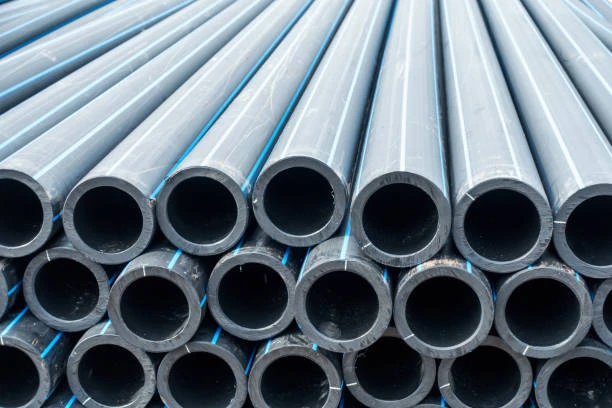
In modern water supply systems, choosing the right piping material plays a crucial role in ensuring durability, reliability, and cost-efficiency. HDPE water pipe has emerged as a popular solution due to its exceptional properties, ease of installation, and long-term performance. Compared with traditional metal or PVC pipes, HDPE water pipes offer superior flexibility, resistance to corrosion, and low maintenance costs. This article explores the key features, applications, purchasing guidelines, installation tips, and comparisons with other materials, helping engineers, contractors, and homeowners make informed decisions.
Frequently Asked Questions (FAQ)
1. What is an HDPE water pipe?
HDPE water pipe is a piping system made from high-density polyethylene. It provides excellent strength, flexibility, and resistance to environmental stress.
2. How long does HDPE water pipe last?
HDPE pipes typically have a service life of 50 to 100 years, depending on operating conditions and proper installation.
3. Can HDPE water pipes handle high pressure?
Yes, HDPE pipes are designed to handle high-pressure water distribution. Pressure ratings vary depending on pipe size and thickness.
4. Is HDPE water pipe suitable for potable water?
Absolutely. HDPE is non-toxic and meets international standards for drinking water safety, making it ideal for potable water supply.
5. How does HDPE compare with PVC or metal pipes?
HDPE is more flexible, resistant to corrosion, and requires less maintenance. It also adapts well to uneven terrain and seismic activity.
Definition and Key Features of HDPE Water Pipe
HDPE water pipe is manufactured from high-density polyethylene, a type of thermoplastic polymer known for its robustness and chemical resistance. Unlike rigid materials, HDPE combines strength with flexibility, allowing it to withstand soil movement, temperature fluctuations, and internal water pressure without cracking.
Key features include:
- Corrosion Resistance: HDPE resists rust, chemical reactions, and scaling, unlike metal pipes.
- Leak-Free Joints: Fusion welding or mechanical joints create seamless connections, reducing leakage risks.
- Lightweight: HDPE pipes are easy to transport and handle, reducing labor costs during installation.
- Flexibility: The pipe can bend around obstacles, minimizing the need for extra fittings.
- Durability: Resistant to abrasion, UV rays, and freezing conditions, ensuring a long lifespan.
Overall, HDPE water pipe combines efficiency, safety, and cost-effectiveness, making it suitable for a wide range of water supply applications.
Common Applications and Industries
HDPE water pipes are widely used across multiple industries and applications, including:
- Municipal Water Supply: Safe and reliable distribution of drinking water in urban and rural areas.
- Irrigation Systems: Agricultural irrigation benefits from HDPE’s flexibility and corrosion resistance.
- Industrial Water Systems: Factories and plants use HDPE pipes for chemical-resistant water transport.
- Mining Operations: Durable HDPE pipes handle abrasive slurry water and harsh conditions.
- Residential Projects: Efficiently supplies water in housing complexes, landscaping, and plumbing systems.
Due to their versatility, HDPE water pipes adapt to both high- and low-pressure applications, offering unmatched reliability across various environments.
Purchasing Guide for HDPE Water Pipes
Selecting the right HDPE water pipe involves evaluating several factors:
- Material Grade: Ensure the pipe complies with standard HDPE grades like PE80 or PE100 for pressure resistance.
- Pipe Diameter and Pressure Rating: Choose the correct size and rating based on your water system requirements.
- Color Coding: Typically, blue for potable water, black for non-potable water, and yellow for gas conveyance. Color coding helps prevent installation errors.
- Certifications: Look for ISO, ASTM, or regional certifications to guarantee safety and performance.
- Supplier Reputation: Reliable manufacturers provide technical support, warranty, and quality assurance.
Careful consideration during procurement ensures long-term efficiency and prevents costly maintenance.
Installation Tips for HDPE Water Pipes
Installing HDPE water pipes requires attention to detail to maximize performance:
- Trench Preparation: Dig trenches with proper depth and width, ensuring smooth bedding to avoid pipe damage.
- Pipe Handling: Use appropriate equipment to lift and move pipes to prevent cracks or deformations.
- Fusion or Mechanical Joining: Ensure proper butt-fusion or electrofusion to achieve leak-free joints.
- Thermal Expansion: Allow space for pipe expansion and contraction to prevent stress.
- Backfilling: Use fine soil for initial backfill to avoid sharp rocks damaging the pipe.
- Pressure Testing: Conduct hydrostatic testing after installation to verify leak-proof performance.
Following these steps reduces installation risks and enhances the long-term reliability of HDPE water pipes.
HDPE Water Pipe vs Other Materials
The following table highlights the comparison between HDPE, PVC, and steel pipes:
| Feature | HDPE Water Pipe | PVC Pipe | Steel Pipe |
|---|---|---|---|
| Corrosion Resistance | Excellent | Good | Poor, prone to rust |
| Flexibility | High | Low | Very Low |
| Weight | Light | Medium | Heavy |
| Installation Cost | Low | Medium | High |
| Lifespan | 50–100 years | 25–50 years | 20–50 years |
| Joint Type | Fusion / Mechanical | Solvent / Mechanical | Threaded / Welded |
| Pressure Rating | High | Medium | High |
From the table, it is clear that HDPE water pipes offer superior flexibility, lower maintenance, and long-term cost savings compared with traditional materials.
Conclusion
HDPE water pipe represents a reliable, cost-effective, and sustainable solution for modern water supply systems. Its combination of flexibility, corrosion resistance, durability, and ease of installation makes it suitable for municipal, industrial, agricultural, and residential applications. Careful selection of material grade, diameter, and supplier, along with proper installation practices, ensures long-lasting performance. Compared to PVC and steel, HDPE provides superior adaptability, lower maintenance costs, and a longer service life. As infrastructure demands grow, HDPE water pipes continue to prove themselves as an intelligent choice for efficient and secure water transport.
IFNS’s international standards
IFNS products comply with internationally recognized standards to ensure quality, safety, and reliability. These standards include ASTM D3035 and ASTM D3350 for polyethylene pipes, ISO 4427 Series and EN 12201 Series standards for water supply systems, as well as DIN 8074/8075 and GB/T 13663 Series standards. Additionally, IFNS adheres to regional standards such as AS/NZS 4130, JIS K6760, BS 6572, and CSA B137.1, ensuring that its products meet rigorous performance and durability requirements worldwide.
Connect
IFNS, a Chinese manufacturer with 30 years of experience, specializes in high-quality plastic pipes, fittings, and valves. Interested in IFNS’s copper fittings, copper valves, plastic pipes, or fittings? Contact us today. IFNS offers a wide range of standard pipes tailored to your needs. Explore our affordable, cost-effective valve and piping system products.
We respond to emails or faxes within 24 hours. For immediate assistance, call us anytime with questions about our products.


